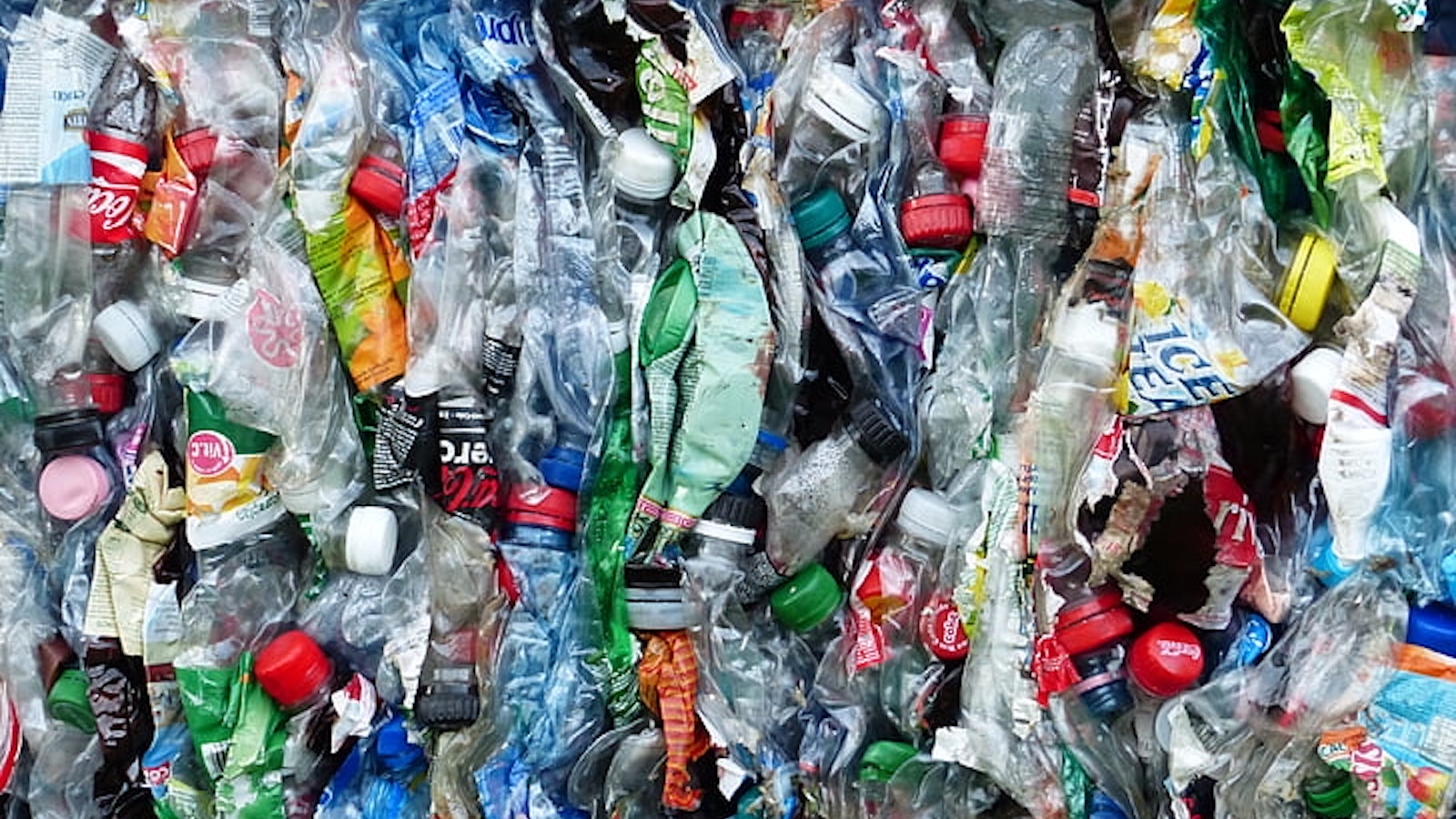
Can we fix plastic recycling?
Plastic producers have promoted recycling as the solution for plastic waste. But it’s not working. So, what should we do?
America's plastic problem has gotten way out of hand.
Most of us diligently recycle, take reusable bags with us when we shop, and look for new ways to stop using so much single use plastic “stuff”. Our individual actions are necessary, but won’t be enough. The good news is that the momentum to move beyond plastic is growing. More states, communities and businesses are getting rid of plastic bags, foam containers and other plastic “stuff” we can live without.
Plastic producers have promoted recycling as the solution for plastic waste. But it’s not working. So, what should we do?
Report ●
Increasing compost can quickly and efficiently decrease methane emissions in landfills and restore soil health.
Plasticizers pose serious threats to human health, and yet they’ve been found in a variety of foods — from fast food to baby food.
Massachusetts bill to reduce polystyrene passes key hurdle.
New report highlights effectiveness of plastic bag bans.
Coca-Cola, the world's biggest plastic polluter, has committed to using refillable bottles. But as of now, not in the U.S.
Wasteful plastic: We didn’t ask for it, and we can’t avoid it. But at PIRG, we have a plan to deal with it.
Managing Director, Frontier Group; Senior Vice President, The Public Interest Network
Executive Director, MASSPIRG